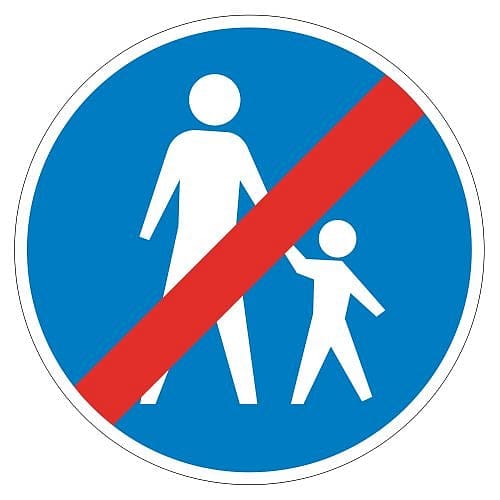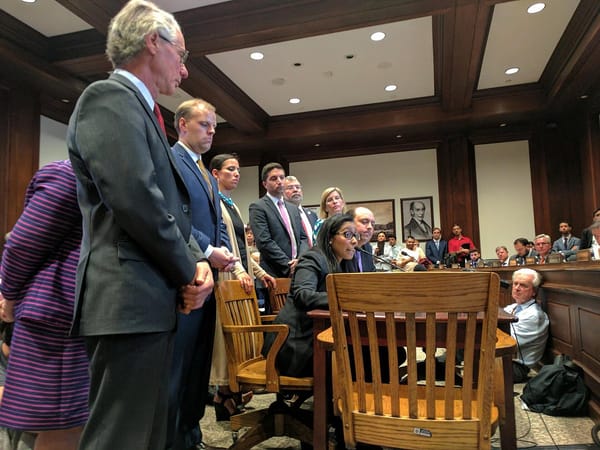The Difference A Dad Makes

This Father's Day Weekend, I happen to be turning 40. Fortunately, with a wife and four young children, there will be precious little time to worry about any looming mid-life crisis. The emphasis will remain, full speed ahead, on fatherhood. But it's worth taking a moment amidst the chaos of youth soccer carpools and stepping on Legos to reflect on how important the calling of fatherhood is. As the recent study published by Massachusetts Family Institute titled Fatherlessness: The Economic and Social Costs to Our Commonwealth points out, the makeup of families in the Bay State has changed a great deal since my first birthday.
Four decades ago, I was born at Lawrence General Hospital to a married mother and father, whose strong, stable commitment to each other and their children gave my siblings and me dramatic, often life-long advantages over our peers who weren't so fortunate. The statistics are compelling; children who grow up in married family homes are far less likely to experience poverty, commit crime, drop out of school or be victims of domestic violence. Raised in a quiet suburb on the North Shore, I assumed that everyone had the same advantages I did, and I actually wasn't that far off. In the late 1970s in Massachusetts, roughly nine out of ten children were born, as I was, into a home with a married mother and father. A generation later, my own children are still in the majority, but fully one third of their peer group (almost 440,000 children) are being raised without the benefit of both parents under one roof. For the overwhelming majority of these children, this means specifically growing up without a father.

